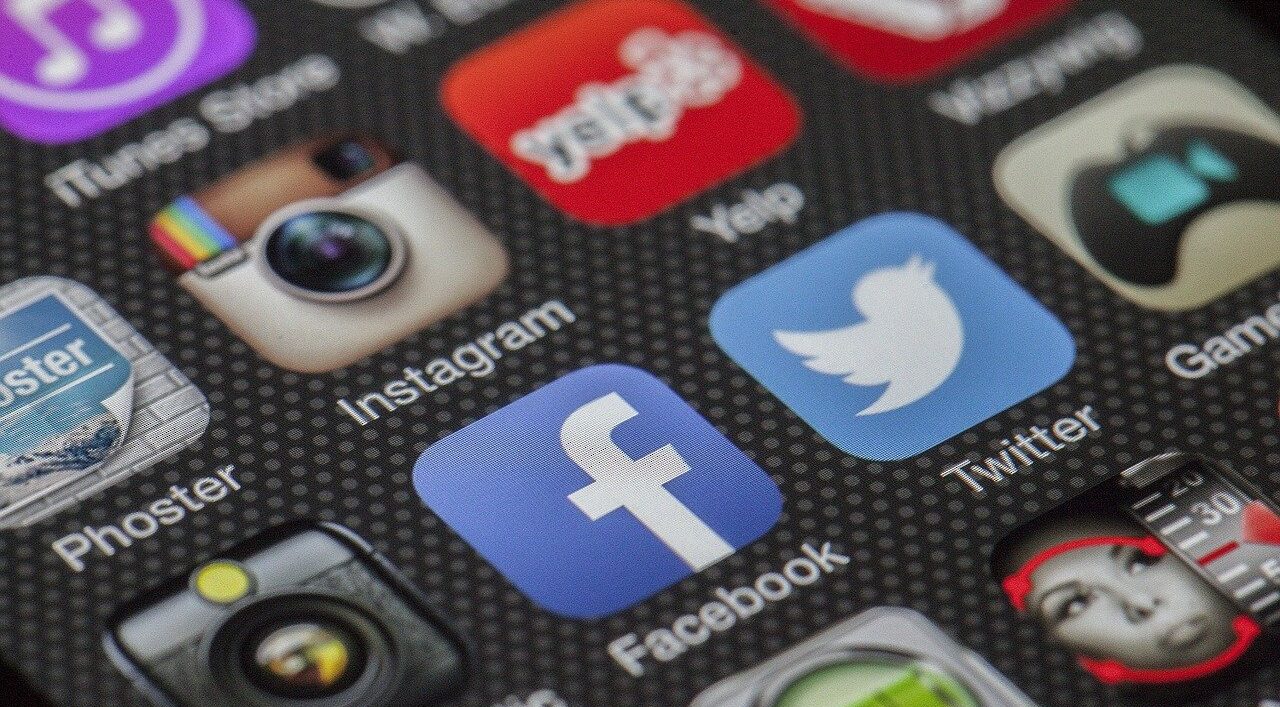Social media. A way to communicate, to share, to promote, to learn, to create and to connect. An addiction, for some. Around 3.8 billion people now have at least one social media account – that’s half the global population. It’s here to stay, that’s for sure. But how is it affecting the healthcare sector?
MENTAL HEALTH ISSUES
It’s no secret that there is undoubtedly a link between excessive social media usage and the rise of mental health issues, especially in young people. The comparison-culture fueled by the increasing number of “influencers”, that project unrealistic and unattainable lifestyles and appearances, along with the growing rate of cyberbullying, is making it difficult for young people to enjoy their time on social media without it having any negative implications to their health. Young people are losing sleep, they’re increasingly stressed and some are becoming addicted to their devices due to fear of missing out.
SELF-DIAGNOSIS
Many people are taking to social media to self-diagnose themselves, based on information shared on the platforms, or by seeking advice from others online. This has been exacerbated by increased waiting times for NHS services, particularly counselling for those seeking mental health support. Without a firm diagnosis or tailored medical advice, it is not wise for people to be using social media to self-diagnose themselves based on symptoms alone.
With regards to mental health, there is definitely a very fine line between helpful conversation and harmful appropriation on social media, as people have become much more comfortable with describing and self-diagnosing themselves as having a mental health condition, as the stigma surrounding it gradually lessens.
FEEDBACK
Essentially, social media is a place for freedom of speech. Users have the power to voice their opinions, regardless of the sentiment. They can also share their experiences of healthcare, whether that be through the NHS or privately. This can play out one of two ways: it can act as a form of influencer marketing or endorsement, or it can prove to be detrimental to whoever is on the receiving end. The key to managing this is a fast response time to the feedback.
PATIENT SUPPORT
Nearly 40% of young people, aged 14-22, have used online tools, including social media groups, to connect with other people who have similar health challenges. Recent studies have shown that Facebook groups, specifically for people with the same health problems, have been incredibly beneficial for them. They boost morale, encourage a sense of community and increase participation in rehabilitation.
PUBLIC HEALTH ANNOUNCEMENTS
Today, more people get their news from social media than newspapers, which makes social a key place to share breaking information during a health crisis. For example, The World Health Organisation have taken to the platforms to share critical information on the recent COVID-19 outbreak, such as what to do if you exhibit symptoms and the rate of its spread across the globe.
FAKE NEWS
With that being said, there is also an abundance of misinformation on health and disease circulating on social media. Content on social media can go viral within seconds, which can be a huge problem if it isn’t accurate. A large amount of scaremongering exists on the platforms, and fake news can easily disguise itself as coming from a genuine source, and its believability further amplifies the problem. Inaccurate information is everywhere. Did the coronavirus really originate from “bat soup”? Absolutely not, but thanks to the rapid spread of this theory on social media, a lot of people believe it to be the case.
Social media has its benefits and its rather obvious drawbacks. Everyone has their opinion on it, what’s yours?…


